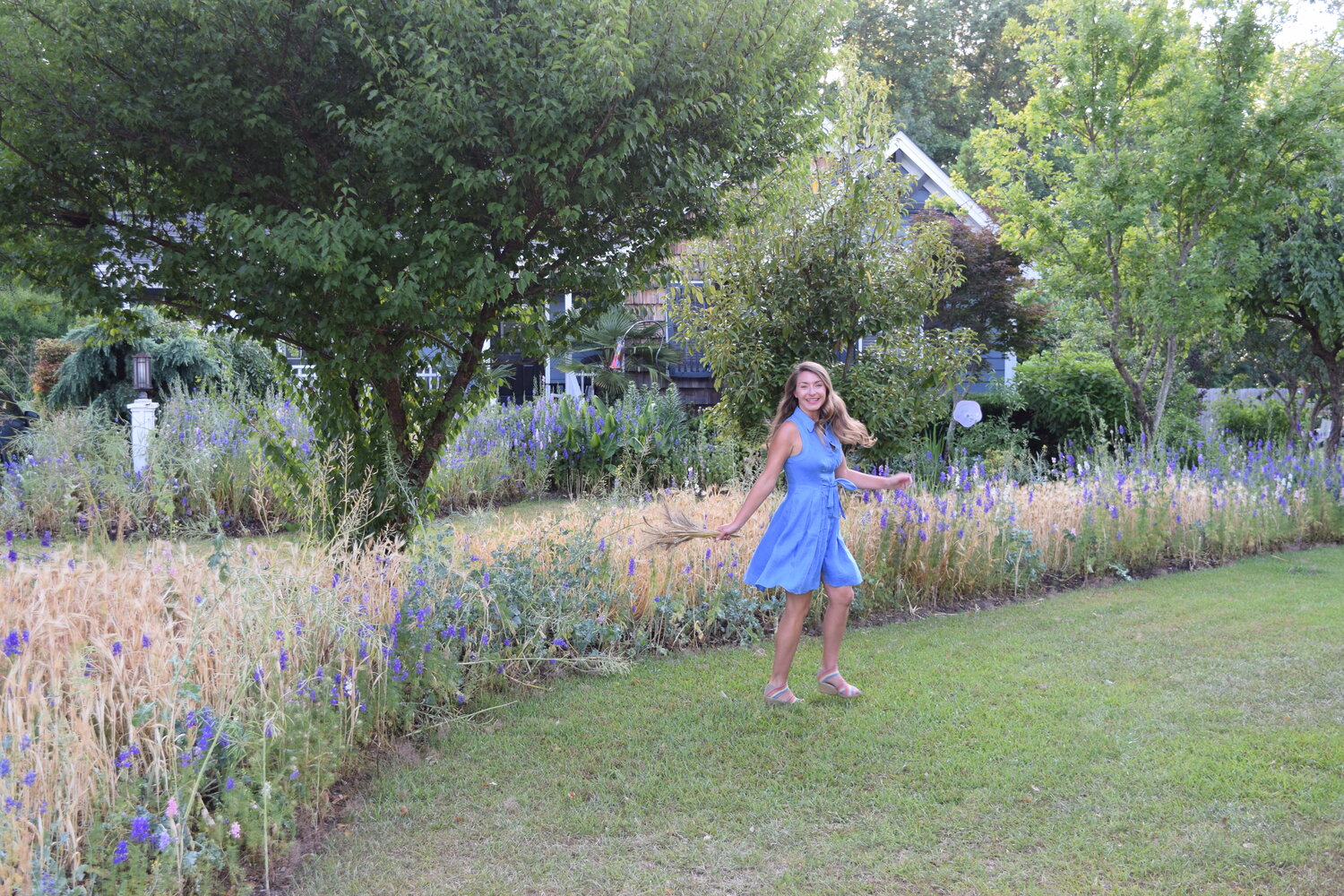flowerbug
Garden Master
Interesting that you say "full sun" but that cedar trees thrive, @flowerbug .
there is distance between the cedar trees and the gardens or where i would daydream of planting blueberry bushes. also a good chance some of the cedar trees would be thinned out if needed.


